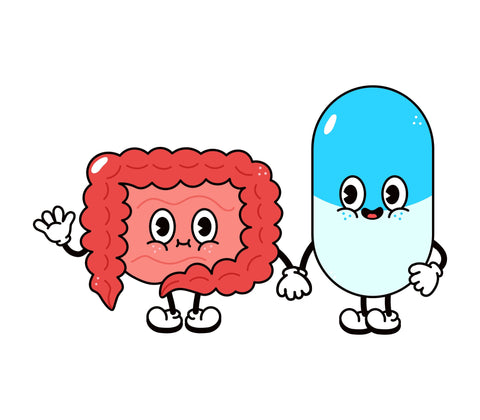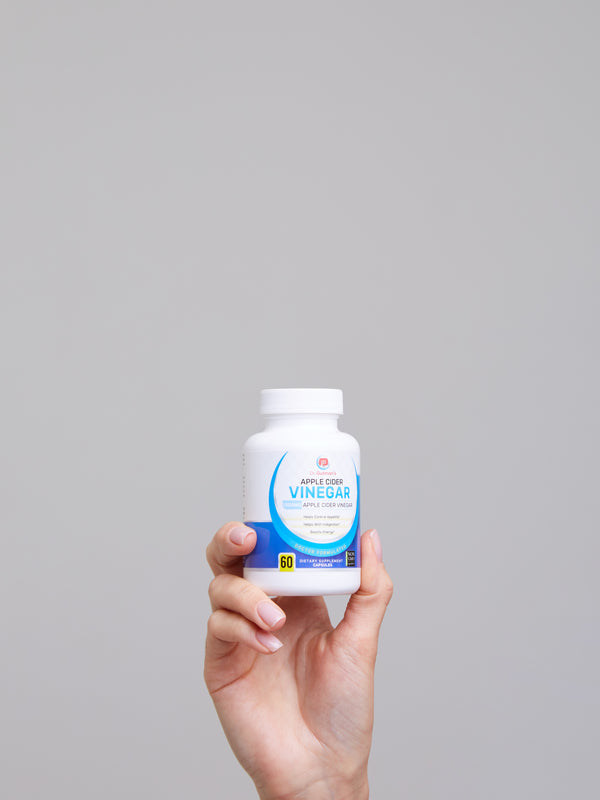
Introduction:
The human microbiome, a complex ecosystem of trillions of bacteria residing primarily in our gut, plays a crucial role in maintaining our health and wellness. One of the essential functions of these microscopic allies is the production of vital vitamins, which we would otherwise have to source entirely from our diets. This article will explore the vitamins produced by the human microbiome, the bacteria responsible, and how probiotic supplements can support individuals lacking these beneficial bacteria.
Vitamins Produced by the Human Microbiome:
The human microbiome contributes significantly to the production of several essential vitamins:
-
Vitamin K: This vitamin is crucial for blood clotting and bone health. Most of the Vitamin K required by the human body is made by gut bacteria, particularly those from the genera Bacteroides and Eubacterium.
-
B Vitamins: The B-complex vitamins, including Biotin (B7), Folate (B9), and Cobalamin (B12), are produced by various bacteria in the gut. Biotin contributes to the health of hair, skin, and nails, while folate and cobalamin are essential for DNA synthesis and neurological function. Bacteria responsible for their synthesis include those from the genera Bacteroides, Lactobacillus, Bifidobacterium, and Enterococcus.
Role of Probiotic Supplements:
While a balanced, diverse diet generally supports a healthy gut microbiome, some individuals may lack certain beneficial bacteria due to factors such as illness, medication use (especially antibiotics), or diet. This is where probiotic supplements come into play.
Probiotics are live bacteria and yeasts that, when consumed in adequate amounts, confer health benefits to the host. By supplying the gut with beneficial bacteria, probiotics can help restore the gut's microbial balance, enhancing its function, including vitamin production. Here's how:
-
Replenishing Beneficial Bacteria: Probiotic supplements often contain strains of bacteria known for their vitamin-producing capabilities, such as Bifidobacterium and Lactobacillus. These can help replenish the gut's population of beneficial bacteria and restore its vitamin-producing potential.
-
Supporting Gut Health: By promoting a healthy gut environment, probiotics may enhance the overall function of the microbiome, including its ability to produce vitamins.
-
Enhancing Nutrient Absorption: Some probiotics can improve the body's ability to absorb nutrients from food, potentially enhancing the uptake of vitamins produced by gut bacteria.
Conclusion:
The human microbiome's role in vitamin production underscores the importance of maintaining a healthy gut. For those who may lack certain beneficial bacteria, probiotic supplements can provide a valuable tool for replenishing these microscopic helpers and enhancing the body's vitamin synthesis capabilities.
However, it's important to remember that probiotics are not a 'one-size-fits-all' solution, and the best approach will depend on individual health needs. If you're considering adding a probiotic supplement to your regimen, it's advisable to consult with a healthcare provider to determine the best course of action.
At Dr. Gutman's, we are committed to helping you achieve optimal gut health. Feel free to reach out to our team for personalized advice and guidance on maintaining a healthy microbiome.

